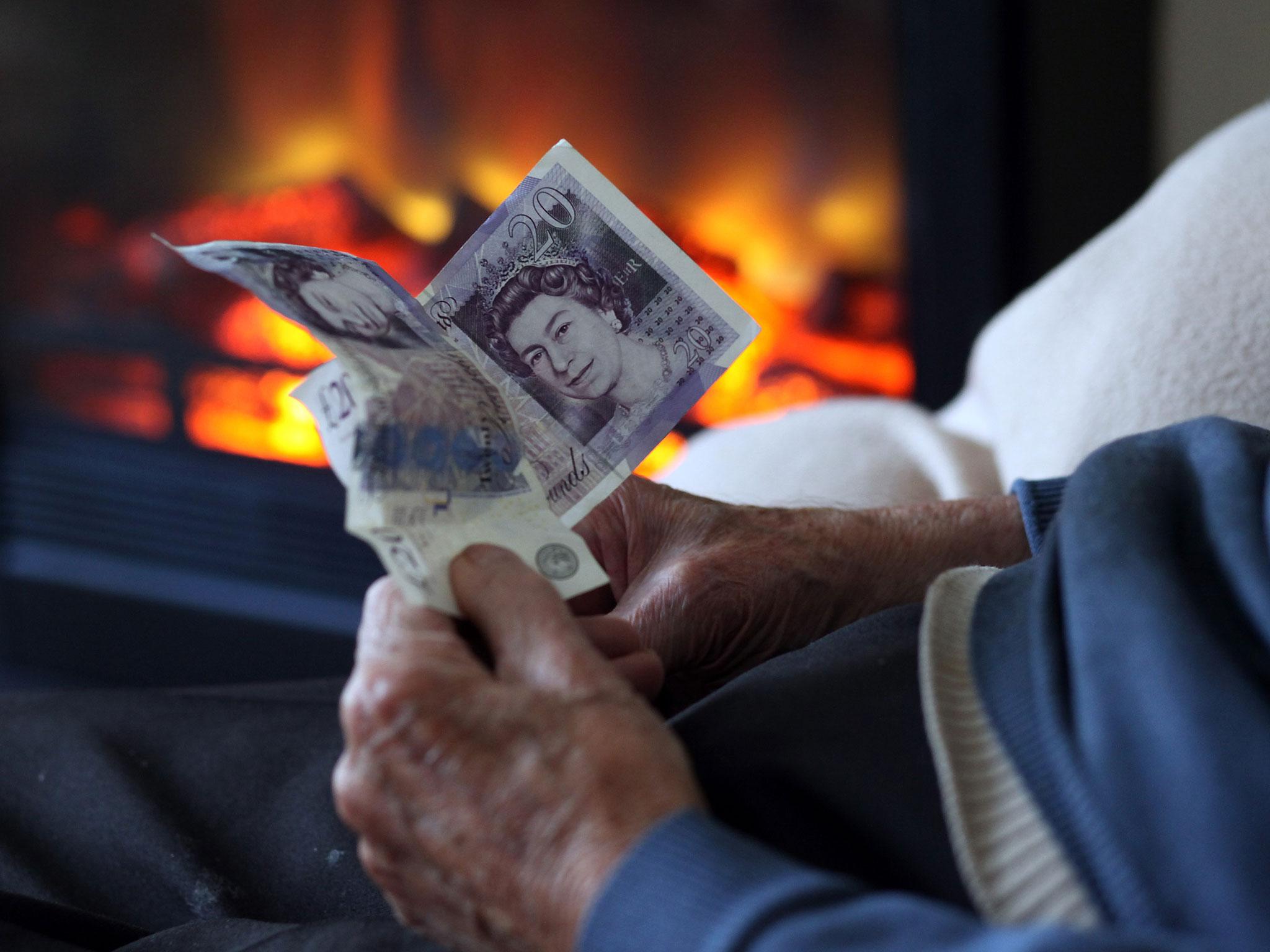Fuel poverty could claim 100,000 lives over next 15 years, warns energy charity
The NHS is currently bearing a yearly burden of approximately £1.5bn treating cold-related illnesses every winter

Your support helps us to tell the story
From reproductive rights to climate change to Big Tech, The Independent is on the ground when the story is developing. Whether it's investigating the financials of Elon Musk's pro-Trump PAC or producing our latest documentary, 'The A Word', which shines a light on the American women fighting for reproductive rights, we know how important it is to parse out the facts from the messaging.
At such a critical moment in US history, we need reporters on the ground. Your donation allows us to keep sending journalists to speak to both sides of the story.
The Independent is trusted by Americans across the entire political spectrum. And unlike many other quality news outlets, we choose not to lock Americans out of our reporting and analysis with paywalls. We believe quality journalism should be available to everyone, paid for by those who can afford it.
Your support makes all the difference.The NHS could be landed with a £22bn bill as cold homes kill 100,000 vulnerable people over the next 15 years, a charity warns today.
National Energy Action reckons at least 30,000 vulnerable people have perished prematurely over this Parliament due to an inability to adequately heat their homes, and Treasury energy taxes will mean many more will die in the next decade and a half unless the next government takes positive action.
That’s because millions of low-income and vulnerable households are either in significant personal debt or are in fuel poverty and have to ration their heating. As well as causing acute personal suffering, in its Manifesto for Warmth published today the charity says fuel poverty also reduces economic activity within deprived areas and leaves the NHS currently bearing a yearly burden of approximately £1.5bn treating cold-related illnesses every winter.
"New legislation requires future governments to improve the properties of people in fuel poverty to a minimum energy efficiency standard by 2030," pointed out Jenny Saunders, chief executive of National Energy Action.
"However, we clearly need the next Government to invest the money required to halt this tragedy in a quicker timescale. There are no excuses; the Treasury will make more than £28bn from domestic energy consumers in the next 10 years and alongside the existing public infrastructure budget, there is more than enough funds to radically improve the energy efficiency of two million low income homes by 2020 and end the suffering caused by fuel poverty within 10 years."
According to the Government’s own national figures, unaffordable energy prices, combined with low incomes and a housing stock which remains woefully poor compared to other European countries, has resulted in 4.5 million households being unable to adequately heat their homes across the UK.
Join our commenting forum
Join thought-provoking conversations, follow other Independent readers and see their replies
Comments